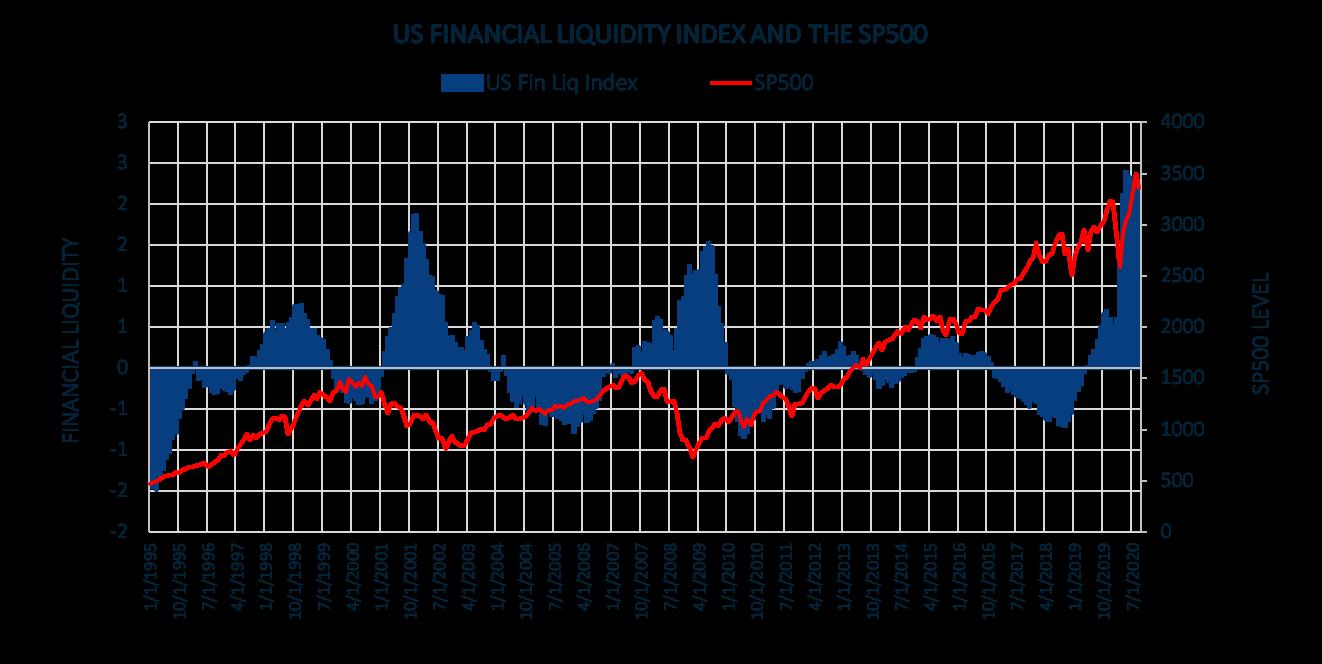FEATURE: LONG-TERM INVESTING LESSONS FROM 2020
MARK LOVETT STANLIB Head of Investments
31 December 2020
Investment lessons from 2020
2
020 will forever be associated with the COVID-19 pandemic. It necessitated some fundamental changes in behaviour, some of which will be only temporary. However, there are certain areas where structural and more permanent change will occur. I will explore these under five broad themes. 1. Geo-political issues • Reversal of globalisation trends This is undoubtedly the most significant risk that we face as a result of COVID-19. Our central view should be that we can no longer rely on globalisation as a tail wind for economic growth and financial markets. During this crisis, some of the dependencies associated with globalisation became painfully evident, including no/limited access to domestic manufacturing capacity in key segments of the economy, as well as long supply chains and high regional dependencies. National vs globalisation
DURING THIS CRISIS, SOME OF THE DEPENDENCIES ASSOCIATED WITH GLOBALISATION BECAME PAINFULLY EVIDENT
24 WWW.MONEYMARKETING.CO.ZA
debates will take place against the backdrop of a substantial increase in domestic unemployment, adding to the pressures on halting or reversing some of the trends. • Anti-China sentiment Another substantial risk for global economic growth is a sustained period of anti-China sentiment, particularly if the COVID-19 post-mortem identifies that China lacked transparency on the initial virus outbreak. This risk is primarily at the geo-political level but may also spread to the consumer if the postmortem reveals that China fell short of its moral obligations. • Addressing neglected country risks The COVID-19 pandemic has embarrassed several countries in their lack of preparedness for a potential crisis. Post the crisis, there will be a reassessment of the domestic capability to deal with a wider collection of future risks and not to be too reliant on internationallyfunded organisations. • Tax systems will need to change All countries will face significant fiscal pressures. For example, in SA the long-term fiscal consequences of COVID-19 will be enormous, raising questions about government’s achievable priorities. Apart from reducing expenditure, governments will have little choice
but to look at both corporate and income tax regimes to address the fiscal deficits. • Radical financial remedies become mainstream The unprecedented monetary and fiscal response to the crisis will raise questions about whether such policies should become more permanent in nature and enter mainstream political debate. Issues could include Modern Monetary Theory, Debt Forgiveness and Universal Basic Income (UBI). 2. Disruptive technologies become mainstream • Growth in internet-based transactions The lockdown associated with the COVID-19 pandemic has provided an enforced re-appraisal by individuals and corporations of the type of transactions that can be undertaken online. COVID-19 has accelerated that acceptance curve. Individuals and corporations have literally been forced to move to internet-based transactions. • Payment Technologies (including security) Payment technology is already a massive market but the combination of the proliferation of commercial sales channels plus a continued move away from cash transactions (hygiene) could supercharge growth rates.














